Penn spinout Vivodyne raises $38M to advance platform making lab-grown human organs for new drug testing

Penn spinout Vivodyne raises $38M to advance platform making lab-grown human organs for new drug testing
A Philadelphia biotechnology company working to discover and develop more effective drugs by testing them on lab-grown human organs said Wednesday it has raised $38 million in a private stock sale.
Vivodyne's seed funding round was led by Khosla Ventures, a venture capital firm based in Menlo Park, California. Other investors in the equity financing include Kairos Ventures, CS Ventures, MBX Ventures and Bison VC.
Andrei Georgescu, Vivodyne's CEO and co-founder, said the proceeds will be used to advance the company's new product pipeline and artificial intelligence-driven drug discovery platform.
The platform is designed to improve the discovery and development of drug candidates by testing them — using robots — directly on thousands of lifelike, lab-grown human organ tissues simultaneously to mimic "real human biological complexity," Georgescu explained.
The company's three-dimensional human tissues are designed to reconstitute the cellular, tissue, organ and systemic organization and function of the native human tissues that they model. They contain from 200,000 to 500,000 cells each and feature full blood vessel networks.
"Our ability to generate AI-scale human data on demand is a major advantage, and [we] already have a number of large pharma companies using our platform," Georgescu said. "We’re changing the way researchers and companies study human biology and develop therapeutics.”
The company, without naming specific partners, said it has collaborations with most of the 10 largest pharmaceutical companies.
Georgescu, who received his doctorate degree in bioengineering from the University of Pennsylvania, co-founded Vivodyne in November 2020 with Dan Huh, an associate professor of bioengineering at Penn and the company's chief science officer. The firm's labs and offices are located in The Curtis at 601 Walnut St.
One of the main "bottlenecks" in drug development, Vivodyne noted, is the inability to gather human-predictive data that is realistic, scalable and reproducible in weeks instead of months. Vivodyne said it has created more than 20 human organ models that can mimic native human functions and phenotypes to accurately capture the effects of new therapies and predict patient outcomes.
Additionally, the company said its AI platform can cultivate, dose and image more than 8,000 individual tissues at once using robotic automation, a significant improvement over the 20 to 40 living tissue samples that can be done by hand.
Susan Billings, chief commercial officer at Vivodyne, said the "next frontier" of therapeutics development is achieving greater preclinical certainty before drugs enter clinical trials.
"This is biotech’s biggest challenge and our critical focus,” Billings said. “Our platform enables companies to collect invaluable human data from early discovery to post-approval – faster, at larger scale with more human predictability than animal studies."
Alex Morgan, a partner at investor Khosla Ventures, called Vivodyne's platform "a major step forward" for the pharmaceutical industry.
“Vivodyne’s technology bridges the gap between preclinical R&D and human clinical trials, while automating every step of the testing pipeline," Morgan said.
Author: John George
Publication: Philadelphia Business Journal
Get Updates
from LSPA
Stay up-to-date on the latest news and events from Life Sciences PA, insights from the life sciences industry, and so much more!

Life Sciences Pennsylvania was founded in 1989 by a biotech scientist at Penn State University. Today it has grown to represent the entire life sciences industry – biotechnology and diagnostic companies, medical device companies, pharmaceutical companies, investment organizations, research institutions, and myriad service industries that support the life sciences in Pennsylvania.